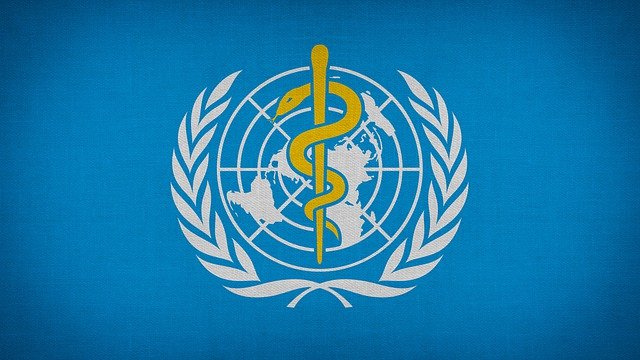Safe and effective vaccines are regarded as the “ultimate weapon” to defeat the coronavirus epidemic. At present, some countries around the world have started or planned to carry out coronavirus vaccination. WHO Director-General Tedros Tedros called for priority vaccination of those who need it most, including health workers at high risk of infection and people suffering from serious diseases.
Tedros said that the first phase of the vaccine launch will ensure that sufficient doses will be provided to cover health and social care workers. Later, as the vaccine supply increases, it will be extended to about 20% of the population of countries and economies participating in the WHO-led COVAX Global Coronavirus Vaccine Program, ensuring that more high-risk populations are covered.
In addition, in addition to ensuring the supply, production, transportation and funding of vaccines, Tedros Tedros also calls on leaders to strengthen advocacy and communication to further popularize the importance of vaccination and how to obtain vaccination to the public.
In formulating the coronavirus vaccination strategy, the United Kingdom, France, Portugal and Mexico followed the above-mentioned WHO principle, that is, to give priority to vaccination for people at high risk of infection, such as medical staff, the elderly and chronically ill patients, and then gradually vaccinated in stages, eventually covering the vast majority of the population in China.
At present, the UK has begun to vaccinate people against the novel coronavirus. According to the British government’s plan, when vaccination services are provided throughout the UK, nursing home personnel, people over 80 years old and front-line medical and social workers will be given priority to vaccination. The massive coronavirus vaccination will not wait until next year, says Health Secretary Matthew Hancock.
French Prime Minister Castel said recently that the country’s coronavirus vaccination will be carried out in three stages: first, about 1 million people are expected to be vaccinated in the first month of the vaccine in France, including the elderly and medical staff in nursing homes; in the second stage, the vaccination coverage will be expanded to about 14 million people. By the third stage, vaccination will be open to all.
At present, 14 coronavirus vaccines with five technical routes in China have entered clinical trials, of which five vaccines are carrying out phase III clinical trials according to the procedures, and emergency use and production preparation are advancing in an orderly manner. In response, the Chinese government said that China will study and formulate a vaccination distribution plan after the vaccine is put on the market, clarify the scope of the population, the order of vaccination and the time. At the same time, it will carry out publicity and popularization education on vaccine knowledge, so that the people can scientifically and rationally understand the vaccine, and actively do a good job in vaccination and personal protection.
However, even if the coronavirus vaccine is vaccinated, the necessary epidemic protection measures are still indispensable. The Daily Telegraph reported that the UK’s epidemic restrictions will be in place for a longer period of time even if the mass vaccination is completed, the British Government’s chief scientific adviser, Patrick Vallance, is quoted in the Daily Telegraph. Even if we get the vaccine, maybe by the next winter, we will need to implement measures such as wearing masks.
Tedros said that the progress of the development of the coronavirus vaccine has made people begin to see “the light at the end of the tunnel”, but there is still a long way to go to end the coronavirus pandemic. The progress of the coronavirus vaccine has cheered people who are still in the epidemic, but the growing number of people think that the coronavirus pandemic is over is worrying to the WHO.
“In the initial phase of the promotion of the COVID-19 vaccine, since only a small number of people in each country can be vaccinated, it is essential that governments, communities and individuals should continue to use proven effective COVID-19 response tools,” Tedros said.



